
For decentralized finance (DeFi) projects, airdrops and allowlists have become essential tools for community engagement and fair token distribution. Yet these mechanisms are only as robust as the identity verification processes underpinning them. Traditional Know Your Customer (KYC) procedures are often slow, siloed, and privacy-invasive, challenges that onchain attestations are now solving with precision. By leveraging onchain attestations for KYCed addresses, DeFi protocols can streamline compliance, improve user experience, and reduce operational risk.

Understanding Allowlists and Their Role in DeFi
An allowlist is a curated set of wallet addresses eligible to participate in specific events, like token airdrops or exclusive sales, based on predefined criteria. These lists are typically built using blockchain snapshots that capture wallet activity during a qualifying period. The integrity of an allowlist hinges on accurate identity verification; otherwise, bots or ineligible parties can undermine the process.
Manual verification is not scalable for large communities, nor does it address privacy concerns. This is where onchain allowlist verification comes into play: cryptographically signed attestations stored directly on-chain enable instant eligibility checks by smart contracts without exposing personal data.
The Shift to Onchain Attestations for KYCed Addresses
Onchain attestations are cryptographic proofs anchored to the blockchain that confirm specific credentials, such as having passed KYC, without revealing sensitive information. Users complete KYC once with a trusted provider; the provider then issues an attestation to their wallet address. This attestation can be reused across multiple DeFi protocols, eliminating redundant onboarding steps.
Key Benefits of Onchain Attestations for KYCed DeFi Addresses
-
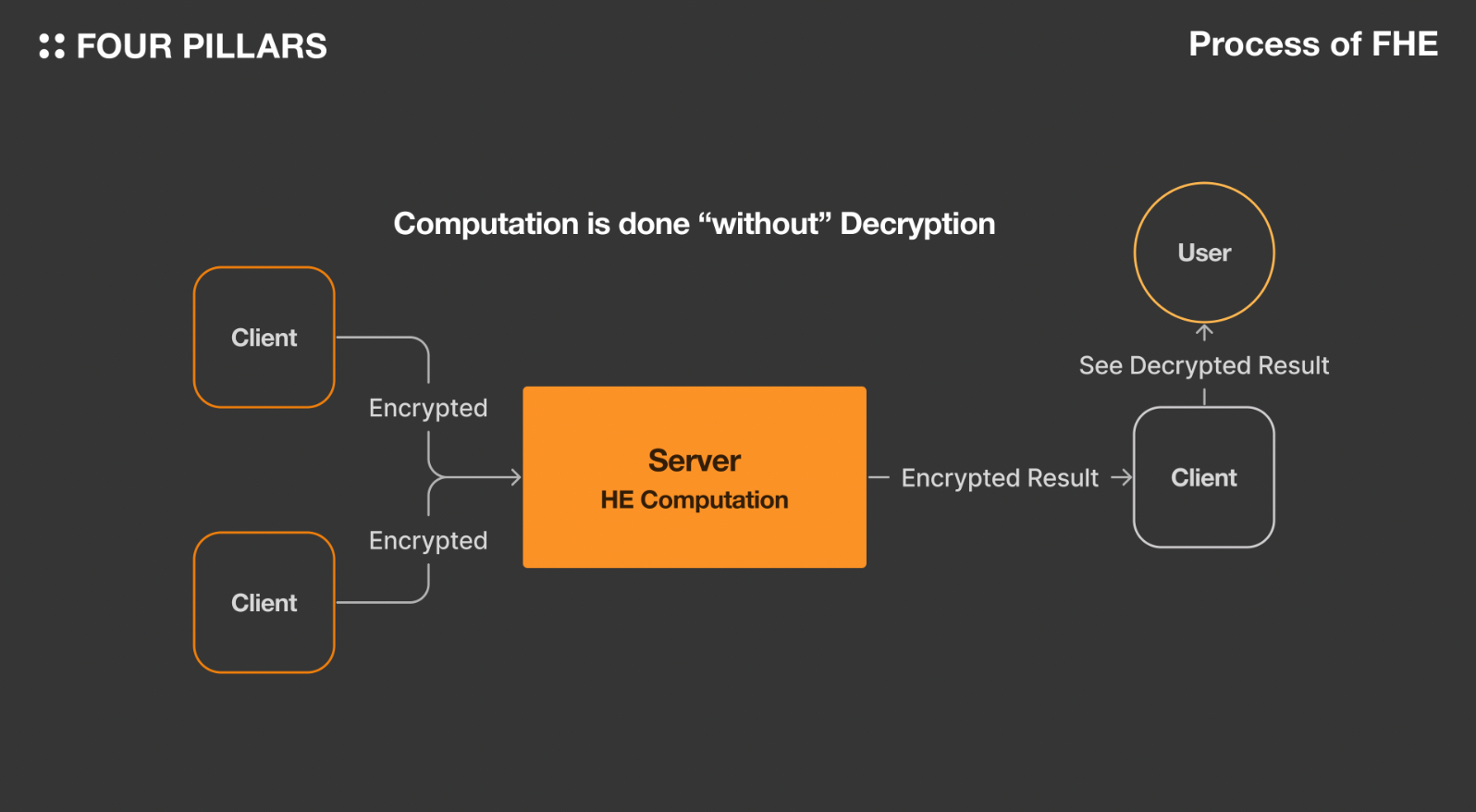
Efficient, Reusable Verification: Users complete KYC once and leverage the resulting onchain attestation across multiple DeFi platforms, eliminating repeated onboarding and accelerating access to airdrops and allowlists.
-

Enhanced Privacy Controls: Only the attestation is stored on-chain, keeping sensitive personal data off-chain and under user control. This approach supports compliance with data privacy regulations and reduces the risk of breaches.
-
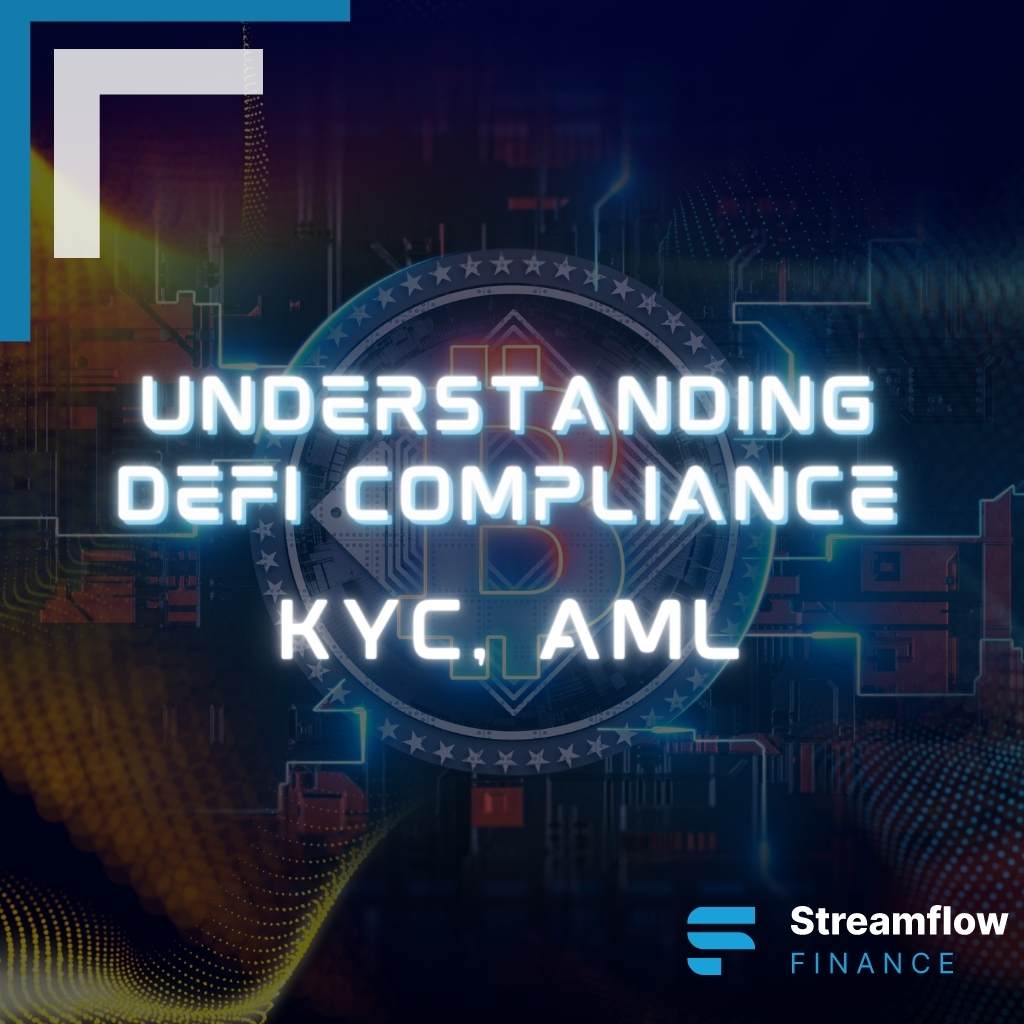
Automated Compliance Enforcement: Smart contracts can instantly verify onchain attestations to enforce KYC requirements, such as age or jurisdictional restrictions, without manual review—streamlining regulatory adherence.
-

Interoperability Across Ecosystems: Attestations issued via protocols like SIGN Protocol or Solana Attestation Service (SAS) are recognized by multiple DeFi projects, enabling seamless cross-platform participation for verified users.
-

Sybil Resistance and Fair Distribution: Onchain attestations help prevent bots and duplicate accounts from exploiting airdrops or allowlists, ensuring rewards go to unique, verified individuals.
This model offers several strategic advantages:
- User-centric privacy: Personal data remains off-chain and under user control while eligibility is provable on-chain.
- Operational efficiency: Protocols automate compliance checks via smart contracts, no manual review required.
- Ecosystem interoperability: Attestations issued by reputable providers are recognized across platforms, fostering seamless collaboration within Web3.
Real-World Implementations Driving Adoption
The market is already seeing rapid adoption of this approach. For example, ZetaChain’s recent airdrop used EthSign’s TokenTable with SIGN Protocol to issue onchain KYC attestations after users completed verification through SumSub. The smart contract validated each participant’s status before enabling token claims, a process detailed at medium.com.
The Solana Attestation Service (SAS) offers another compelling case: it allows projects to build allowlists based on verified credentials rather than mere transaction history. Initiatives like RNS. ID use SAS to issue privacy-preserving KYC attestations that empower both users and protocols across the Solana ecosystem (solana.com).
Altme’s decentralized compliance solution demonstrates the flexibility of onchain attestations across chains. By letting users mint non-transferable NFTs as proof of KYC status on BNB Chain, Altme enables dApps to verify compliance instantly while keeping sensitive data private. This approach not only streamlines onboarding but also creates a reusable, portable identity layer for Web3 services. More insights can be found at altme.io.
Risks and Considerations for Onchain KYC Attestations
While onchain attestations for KYCed addresses deliver significant benefits, they are not without challenges. The effectiveness of this model depends on the trustworthiness of attestation issuers and the interoperability standards adopted across protocols. Projects must ensure that their chosen KYC providers have robust privacy policies and that attestation formats are widely accepted in the ecosystem.
- Issuer credibility: Reliance on a single or unvetted provider could introduce centralization risks.
- Revocation mechanisms: There should be clear processes to revoke attestations if user status changes or fraud is detected.
- User consent: Users must retain control over when and where their attestations are shared and verified.
The Path Forward: Building Trust in Decentralized Markets
The next evolution of KYC DeFi airdrops and allowlists will center around enhanced privacy, automated compliance, and composability. As more projects adopt decentralized identity standards, we’ll see greater cross-platform recognition of credentials, reducing friction for both users and developers. The result is an ecosystem where participants can prove eligibility without compromising personal data or navigating redundant onboarding flows.
Top DeFi Protocols Using Onchain Attestations for Allowlists
-
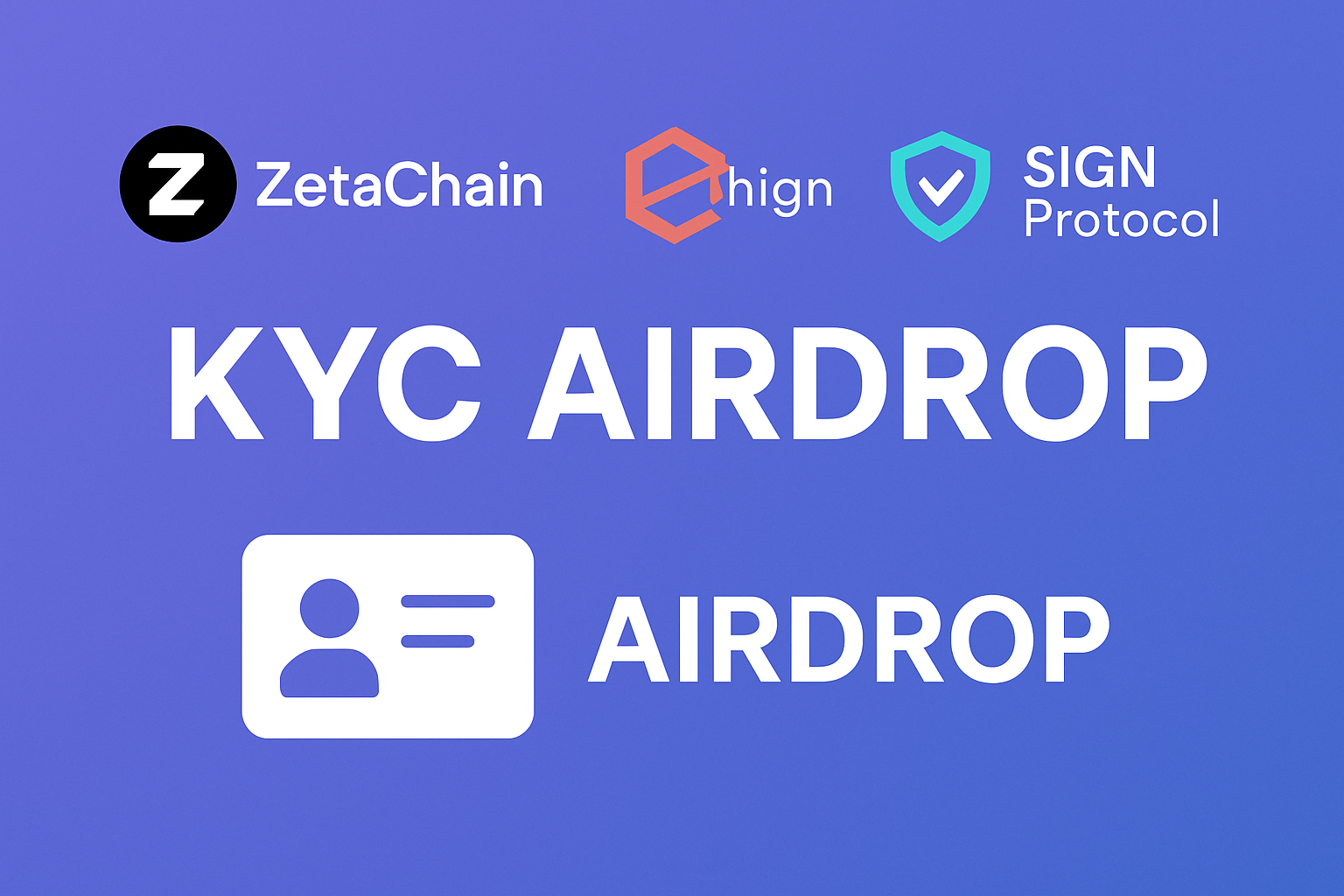
ZetaChain leverages EthSign’s TokenTable and SIGN Protocol to conduct KYC-gated airdrops. Participants complete KYC via SumSub, and their verification status is attested on-chain, allowing smart contracts to automatically validate eligibility for token claims.
-

Solana Attestation Service (SAS) provides a robust onchain attestation framework on the Solana blockchain. Projects like RNS.ID use SAS to issue and verify KYC attestations, enabling secure, privacy-preserving allowlists for airdrops and DeFi access.
-
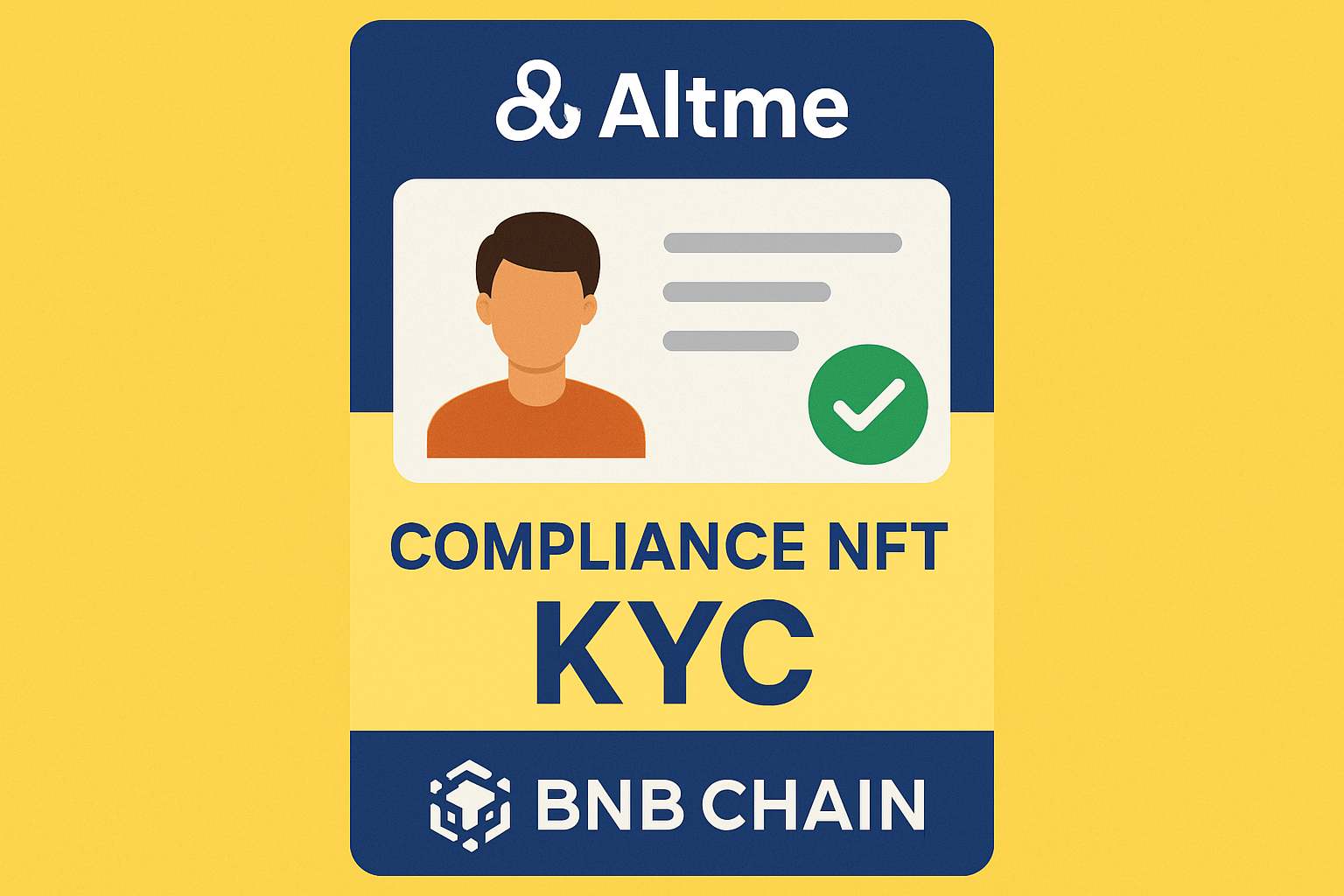
Altme offers a decentralized identity wallet that lets users complete KYC and mint compliance NFTs on BNB Chain. These non-transferable NFTs act as onchain attestations, streamlining allowlist management and regulatory compliance for DeFi protocols.
-

Blockpass integrates with the Ethereum Attestation Service (EAS) to provide reusable, onchain KYC/AML attestations. DeFi protocols use Blockpass to automate allowlist verification while maintaining user privacy and regulatory standards.
-
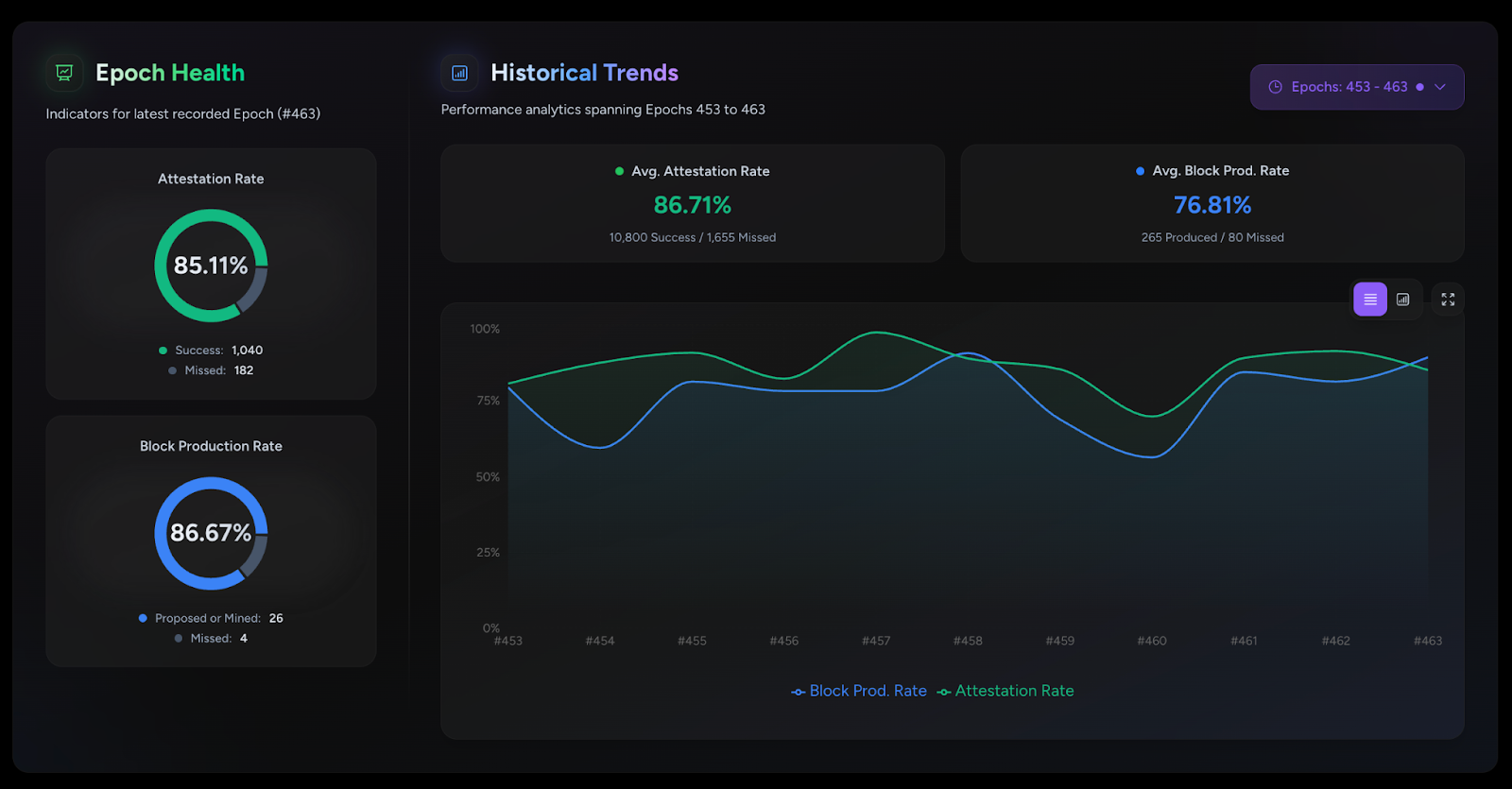
0xKYC delivers privacy-preserving, zero-knowledge liveness and uniqueness verification. Its onchain attestations enable DeFi protocols to build Sybil-resistant allowlists without exposing sensitive user data.
The adoption curve is steepening as regulatory scrutiny increases and users demand better privacy guarantees. OnchainKYCe. me is positioned at this intersection, empowering organizations to issue verifiable, privacy-preserving attestations that unlock new models for gated access, token sales, and community participation.
The future will be defined by solutions that balance regulatory obligations with user autonomy. Onchain attestations are not just a technical innovation, they’re the foundation for scalable, trust-minimized Web3 identity compliance that can adapt to evolving requirements without sacrificing the core values of decentralization.






